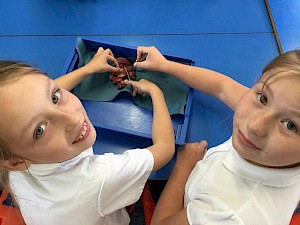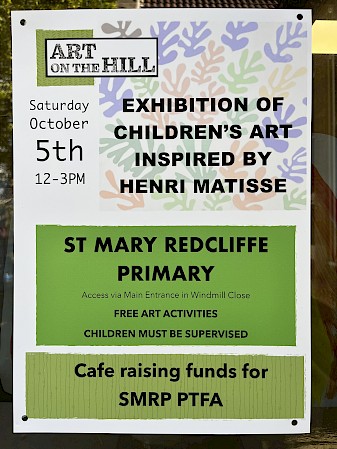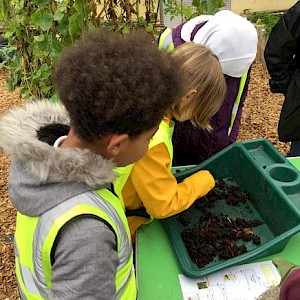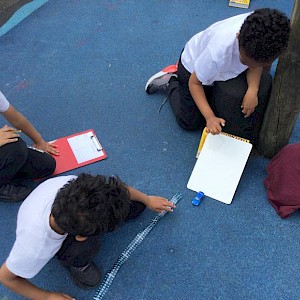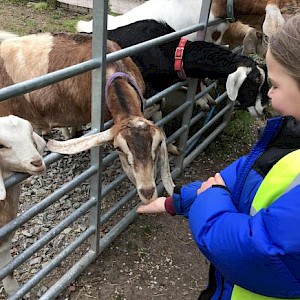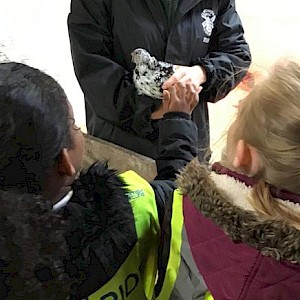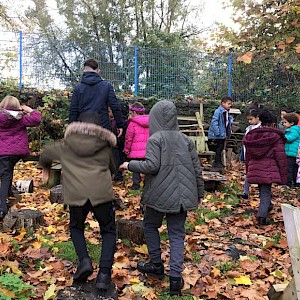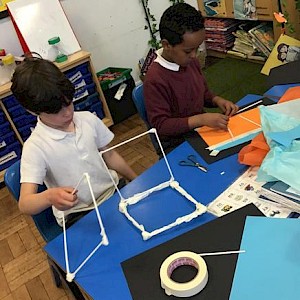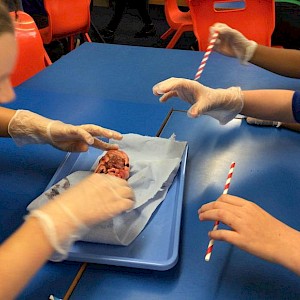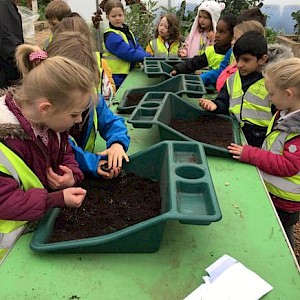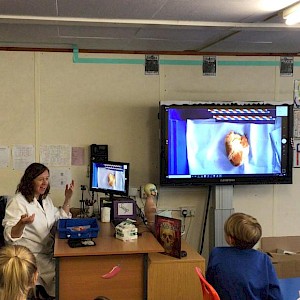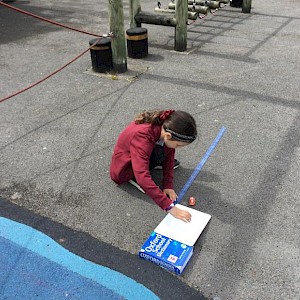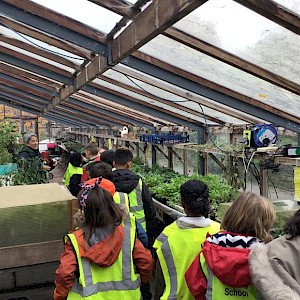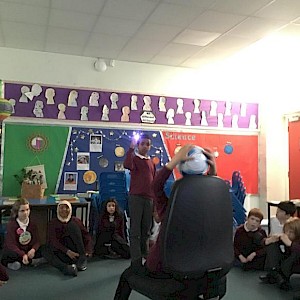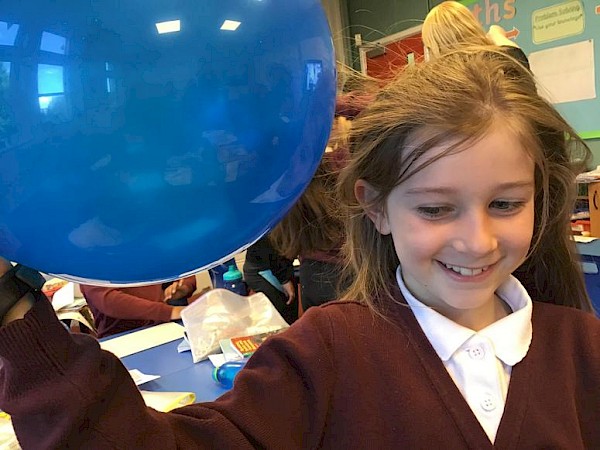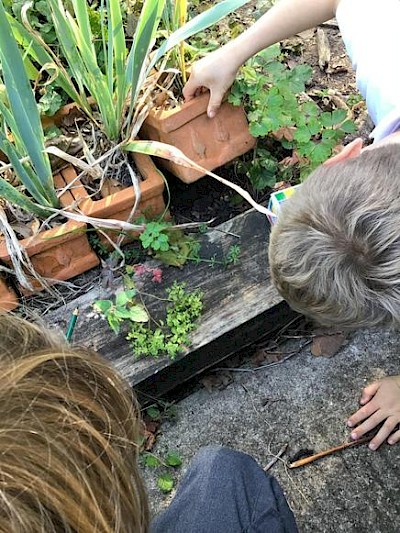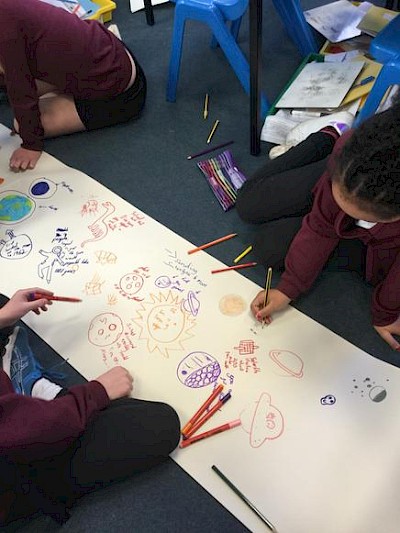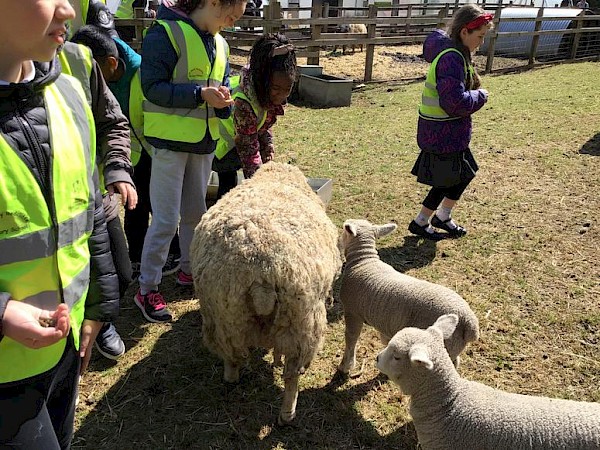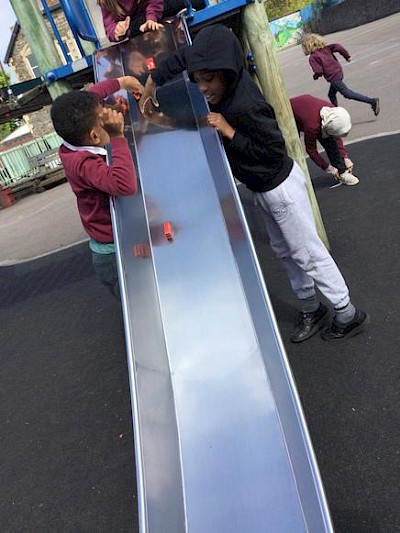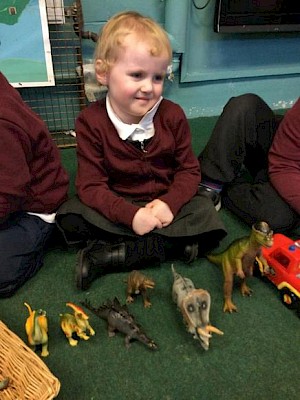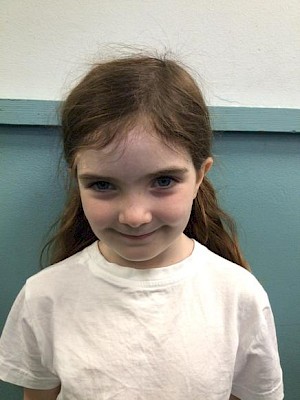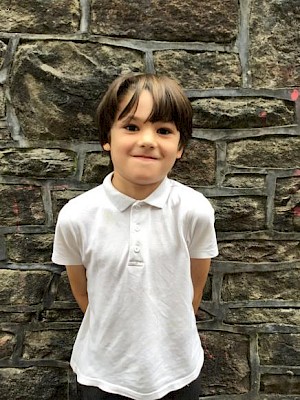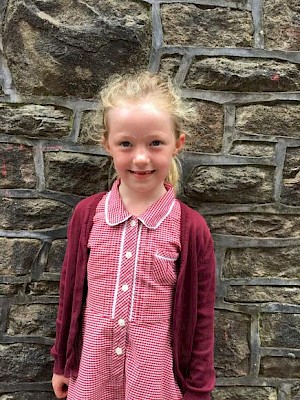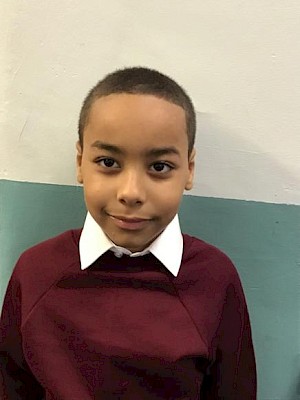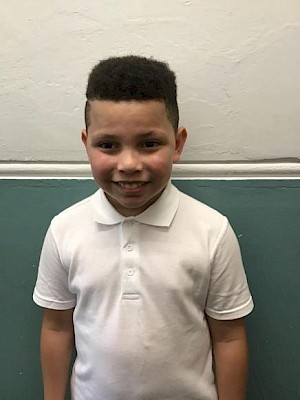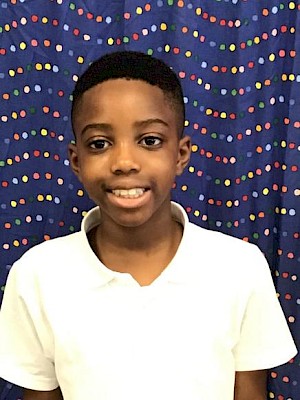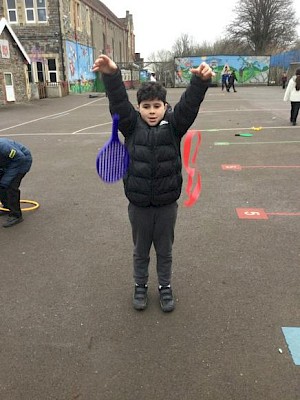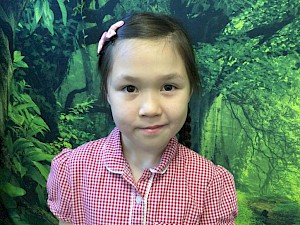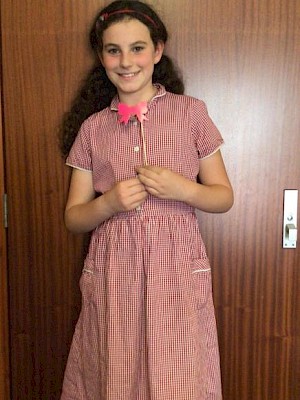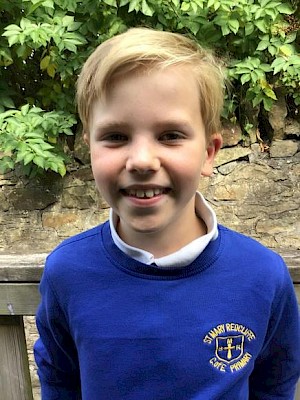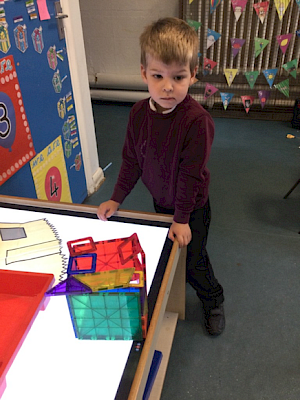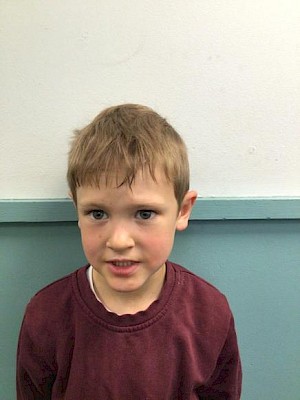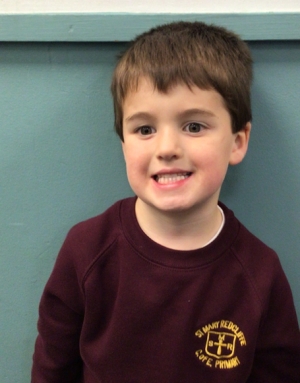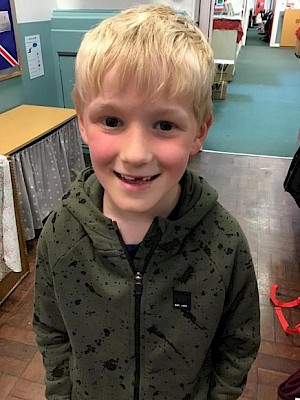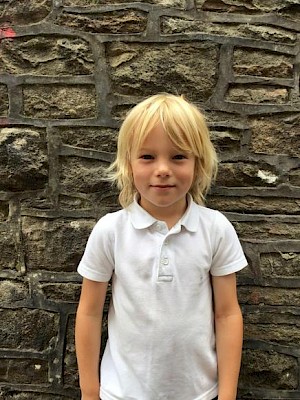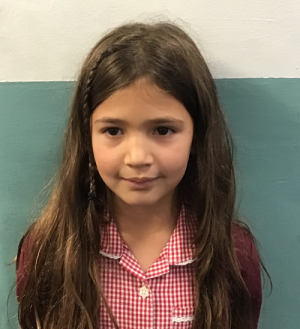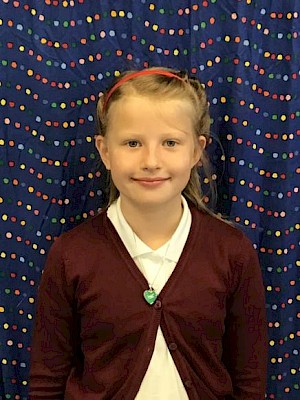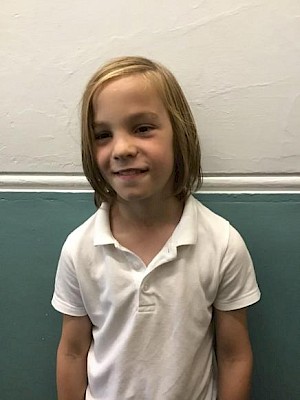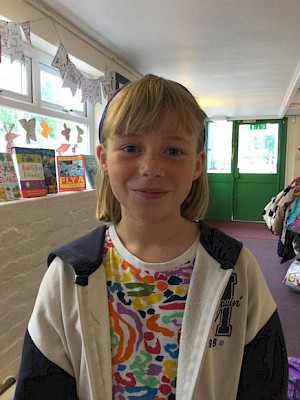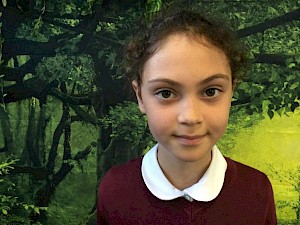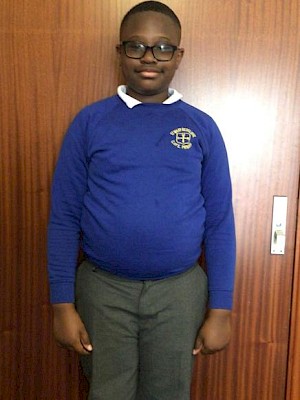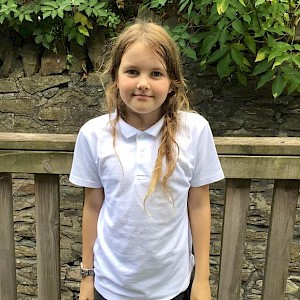Scientist of the Term 2021-2022
Year 1-2
Nursery: Yeshwan
The scientist of the term is Yeshwan. He has been investigating magnifiers. "Everything is big!"
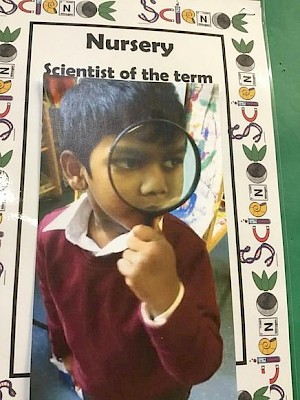
Reception: Harry and Daithi
Daithi is a vey inquisitive child who loves to explore. He loved pouring the water and see if he could fill the cup at the bottom.
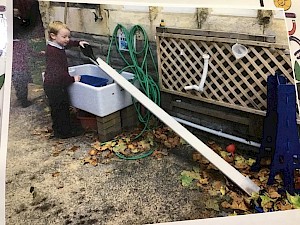
Harry is exploring by pouring water on the ramps, he used different containers and watched the volume of water flow.
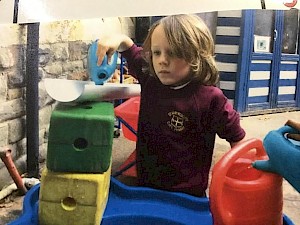
Year 1: Maylinda and Manon
Scientist of the term in Year 1 is Maylinda. She didn't know what her senses were and now she knows all 5 and can name the main body parts that we use for each sense.
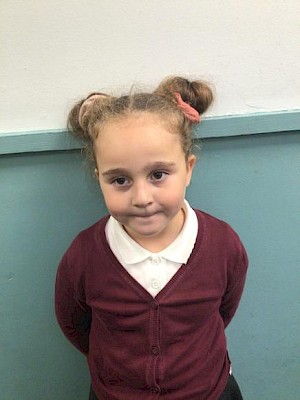
Scientist of the term is Manon for showing a good knowledge and understanding of body parts and the five senses during class discussions this term.
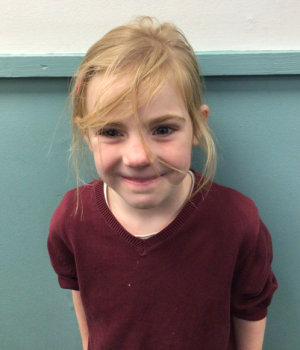
Year 2 : Seren and Omar
Omar has been chosen for our scientist of the term for demonstrating a fantastic understanding of a life cycle of a chicken! Well done Omar!
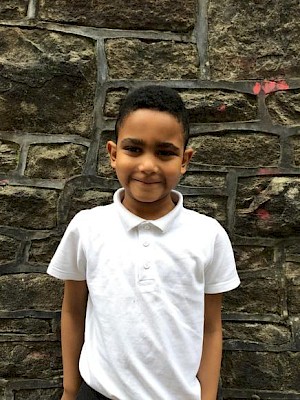
The scientist of the term goes to Seren. She has demonstrated and explained the basic stages in a life cycle including humans. Well done Seren!!
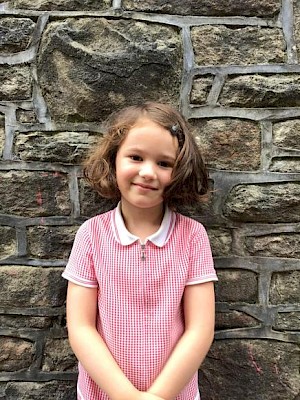
“ Did you know in order for animals to survive they need water, air and food”.
Year 3: Yekshit and Aryan
Aryan is the scientist of the term because he has been keen to learn more about the human body, building on the things he already knows!
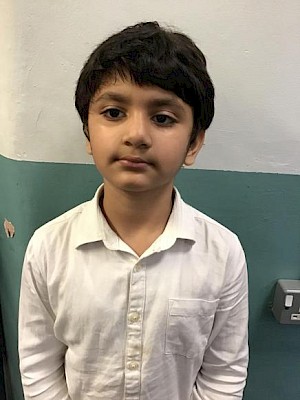
Yekshit is our scientist of the term as he always works scientifically and asks questions. 'What would happen if...'
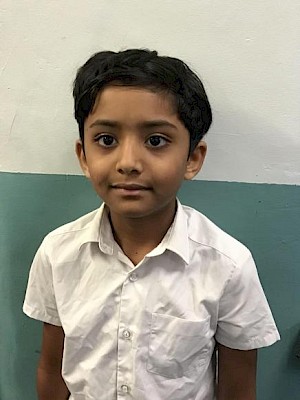
Year 4: Molly and Breckin
Scientist of the term is Molly. She has been great when making connections in her learning and always asking scientific/thought provoking questions!
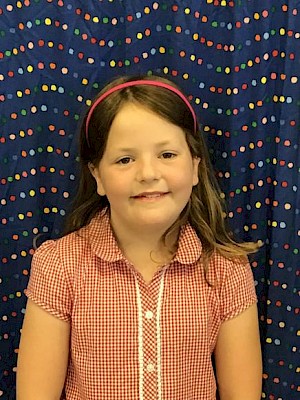
He always shows a real thirst for knowledge and an excitement for Science. Breckin knows and uses a wide range of vocabulary and can explain them to his class mates.
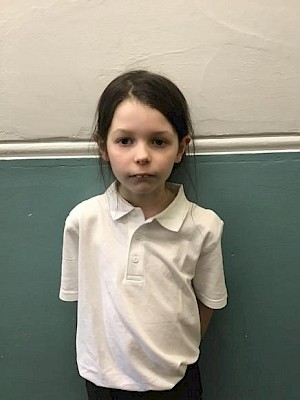
Year 5: Megan and Matilda
Matilda is 5Cherry's Scientist of the Term because of the way that she demonstrated he understanding of life cycles by researching and then creating an explanation text all about the Life Cycle of a Sea Horse.
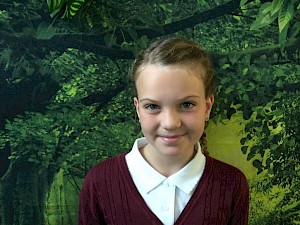
For her exceptional explanation text of the life cycle of a sea horse. She has focused on the reproductive cycle and use scientific vocabulary to further explain her understanding.
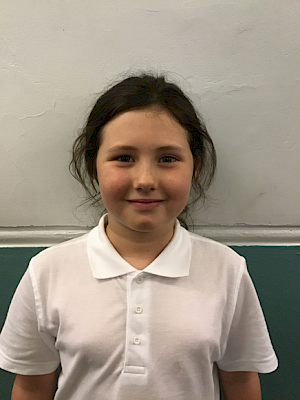
Year 6: Neshan and Maya
Neshan is Elder's Scientist of the Term as he shows he can work scientifically through his methodical approach, concise explanations and excellent questioning.
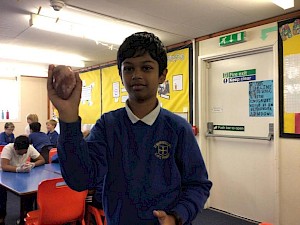
Maya is 6 Sycamore's Scientist of the Term as she asks creative, thought-provoking questions - a crucial skill for a scientist!
